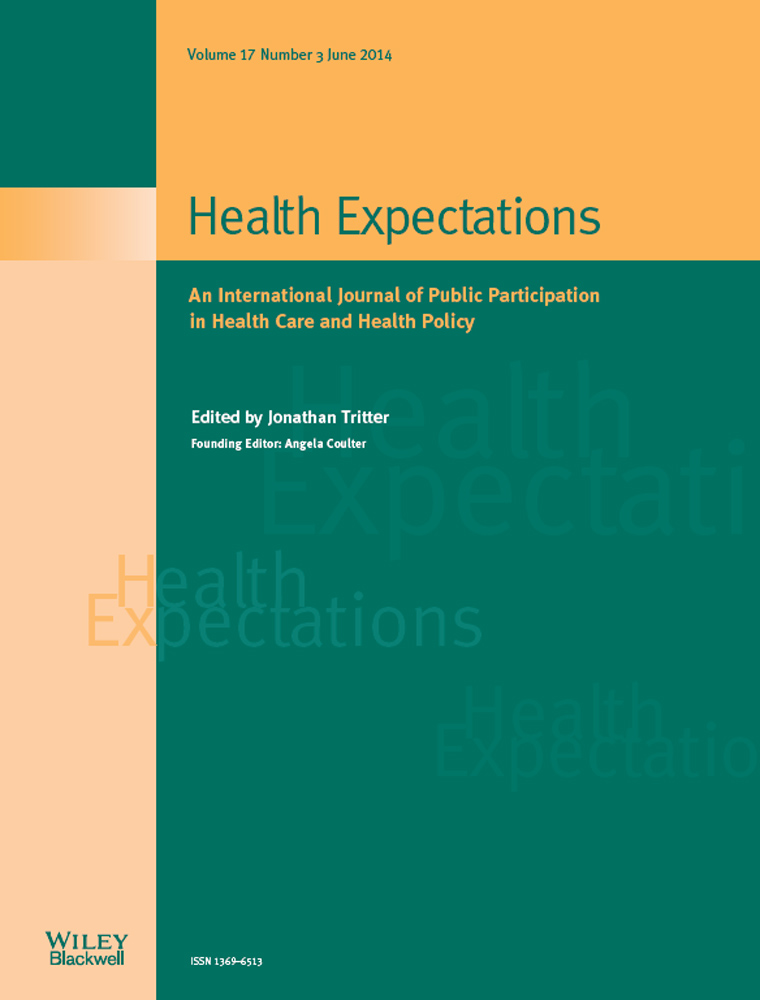Australian mental health consumers’ priorities for research: Qualitative findings from the SCOPE for Research project
Abstract
Background There is growing acceptance of the importance of the consumer viewpoint in mental health research. Previous studies have identified differences in research priorities between researchers and mental health consumers in Australia defined broadly. However, little is known about the research priorities of consumers with specific mental health conditions.
Objective The aim of this study was to explore Australian mental health consumers’ priorities for depression and bipolar disorder research.
Design Focus groups with consumers and individual telephone interviews with consumer advocates. Participants were asked to discuss the topics they believed were priorities for depression or bipolar disorder research. Transcripts were thematically analysed using NVivo 7.
Setting and Participants Ten people with depression and 19 with bipolar disorder participated in face-to-face focus groups held in three Australian capital cities. Five participants with each disorder participated in online focus groups. Five Australian consumer advocates with experience of depression and six with experience of bipolar disorder were individually interviewed by telephone.
Results Participants raised a broad variety of topics for research. The most salient themes included the need for research on medication, and lifestyle and psychosocial influences on depression and bipolar disorder.
Conclusions Participants’ priorities reflect an interest in a holistic approach to mental health research that examines the influences of everyday life and psychosocial influences both on the development and on the management of these disorders. Their focus was on research that explores individualized care and the active role that consumers can play in their own care and recovery.




